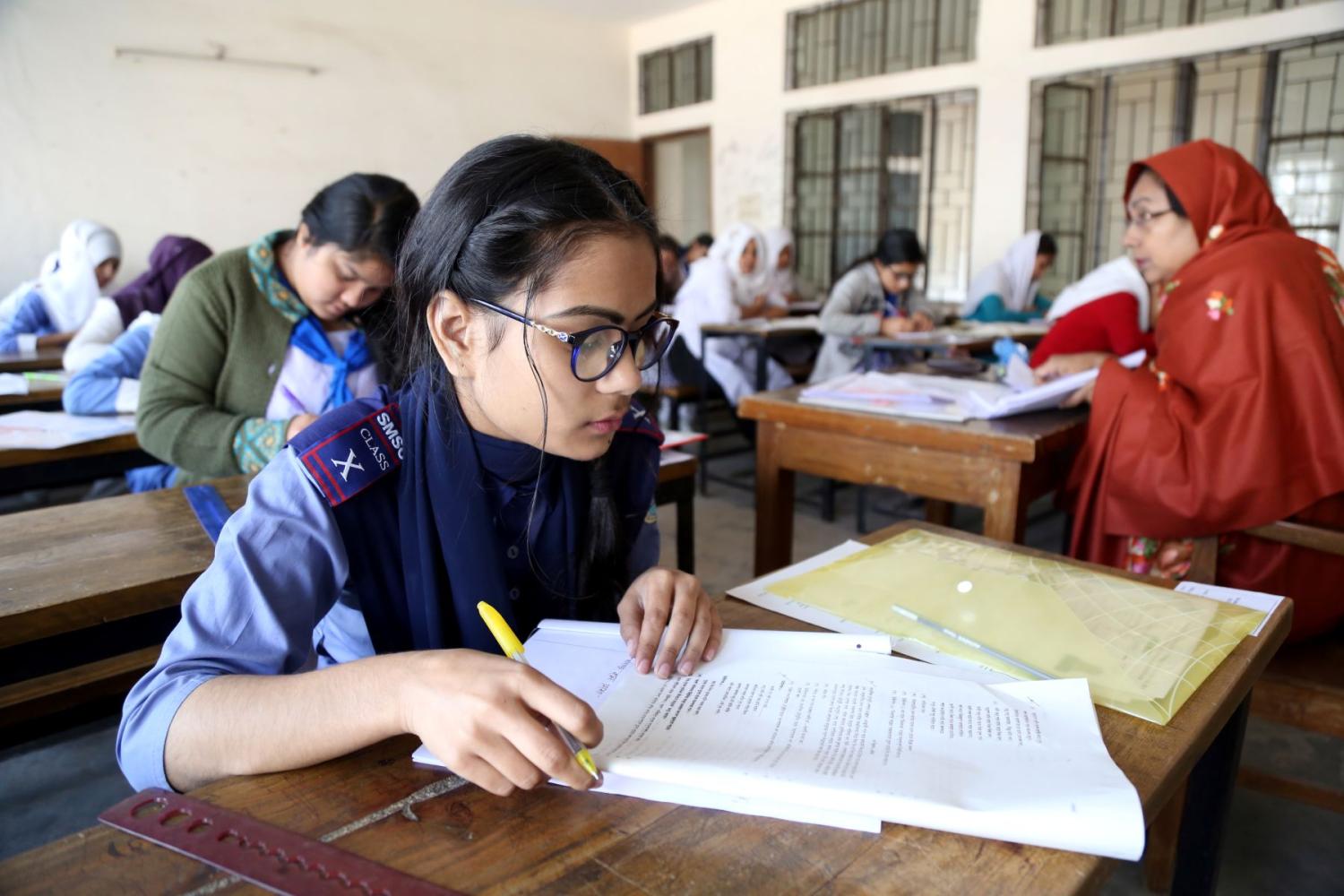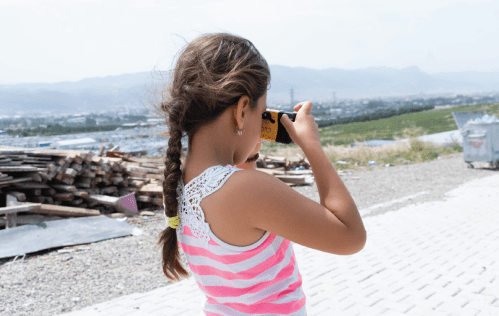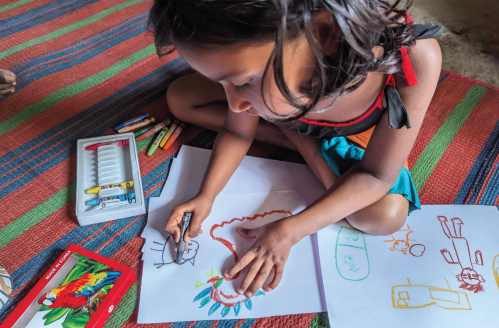Executive summary
The government of Bangladesh recognizes the importance of families’ active engagement in their children’s education to ensure student participation, outcomes, and well-being. However, national policies and plans envision a limited role for families in supporting their children’s secondary education, particularly in rural and remote communities where barriers to education are notable. The ways that families engage their children’s schools change over a child’s education trajectory, and opportunities for parents/caregivers and educators to interact often decrease as students move into secondary school. Yet, strong partnerships and relational trust are critical at this juncture in young people’s lives to ensure they are not only in school but also learning and thriving.
In Bangladesh, primary education is free and compulsory through grade five, but access to secondary education is limited. Secondary schools are primarily private, with only 4% being public. High educational costs, pressure to leave school to earn income, and early marriage are among the many barriers students face in completing school. The school completion rate at the lower secondary grades (6 to 8) is 64%; however, it drops to 20% at the upper secondary grade (9 to 12). There are significant disparities in school participation and completion rates between urban and rural communities. Of the students who do not complete lower and upper secondary school, 8 out of 10 (80%) are rural students. In addition to the challenge of low completion rates, secondary schools are struggling to provide quality instruction, prepare young people to be active and productive in their communities, and safeguard students’ mental health and well-being. Meaningful family, school, and community engagement is critical to ensuring that secondary students and their families have the support they need to learn and thrive.
The purpose of this policy brief is to inform education systems leaders on strategies and efforts to deepen family, school, and community partnerships in rural and urban secondary schools and to ensure there are mechanisms in place to meaningfully engage families in their children’s learning and schools. Recommendations are designed for leaders in the national Ministry of Education (MoE) and the Directorate of Secondary and Higher Education (DSHE) at the national level but are also applicable across all levels of the education system, including leadership in districts, upazilas (subdistricts), and public and private schools.
An analysis of six national policies and plans was conducted to identify how education leaders envision the roles and responsibilities of families across education frameworks and the current approaches to family, school, and community engagement in the education system. In addition to policy analysis, research was conducted directly with 535 families, 225 educators, and 973 students in 14 rural and urban secondary schools in Bangladesh. Research was led by educators and researchers from the Education and Cultural Society (ECS), a national civil society organization in Bangladesh, in collaboration with the Center for Universal Education (CUE) at the Brookings Institution from February 2023 to May 2024. The methodology used in this research was the Conversation Starter Tools, a mixed-methods participatory approach developed by CUE in collaboration with global collaborating organizations, including ECS.
This brief begins with an analysis of how family, school, and community engagement is envisioned across the national education policies and plans in Bangladesh. This is followed by a description of the Conversation Starter Tools. Finally, five key findings from the research are presented along with key recommendations for national education leaders to implement evidence-informed strategies to promote family-centric education systems.
-
Acknowledgements and disclosures
The Brookings Institution is a nonprofit organization devoted to independent research and policy solutions. Its mission is to conduct high-quality, independent research and based on that research, to provide innovative, practical recommendations for policymakers and the public. The conclusions and recommendations of any Brookings publication are solely those of its author(s), and do not reflect the views or policies of the Institution, its management, its other scholars, or the funders acknowledged below.
Brookings gratefully acknowledges the support of the LEGO Foundation.
Brookings recognizes that the value it provides is in its absolute commitment to quality, independence, and impact. Activities supported by its donors reflect this commitment.
The Brookings Institution is committed to quality, independence, and impact.
We are supported by a diverse array of funders. In line with our values and policies, each Brookings publication represents the sole views of its author(s).







